creative, productive, impactful workshops
Capitalize on workshops and collective intelligence
to innovate, unite and shake things up.
WE ORGANIZED THEIR WORKSHOPS
SMALL IDEAS MAKE BIG STORIES 💡
Also known as a " collaborative workshop ", a " work shop", a "co-creation workshop" or a "collective intelligence workshop". workshop", " co-creation workshop " or " collective intelligence workshop ", a workshop, or workshop is a working session that enables employees to reflect on a specific problem and come up with ideas or solutions.
Workshops vary in size, duration and format, but all have the same objective: to facilitate communication and collaboration between participants in order to encourage problem-solving or the emergence of new ideas.
A successful workshop loosens tongues,speeds up the ideation process, gets people thinking outside the box, and should result in concrete, usable deliverables.
A workshop is a working meeting lasting from 1 to 3 hours, where participants discuss, share and learn together.
It is based on a problem to be solved or a question to be answered, using a methodology (such as design fiction), possibly with the help of tools (post-its or visual aids, for example), and concludes with the writing of a deliverable summarizing the ideas retained.
Organizing a workshop can meet a number of objectives, for both organizers and participants.
Before organizing one, we recommend that you list the objective(s) you're trying to achieve, in order to build the most relevant workshop mechanics possible. Here are just a few of them:
Stimulating creativity and the SPIRIT OF innovation
experiment with new working and learning methods, encourage collaboration and risk-taking
Promoting the exchange and sharing of experience
unite languages, share know-how and learn from each other's work
Acquire new skills and know-how
acquire and apply specific knowledge, methodologies or work tools
Strengthen group cohesion and commitment
improve interpersonal communication, develop a common culture, strengthen participants' commitment to the group
THE INNOVATION MANAGERS
who want to shake up the status quo
STRATEGY MANAGERS
who want to lay the groundwork for a new roadmap
HR & TALENT HR AND TALENT PROGRAMS
who want to boost team dynamics
INTERNAL COMMUNICATIONS TEAMS
who want to source new ideas
IN PHYSICS
On line
When to organize a workshop?
During a transformation journey
We design workshops for the kick-off of your transformation journey, or to support you on an ad hoc basis to evaluate or accelerate your process.
during an intrapreneurship program
We create workshops specifically for intrapreneurs, to help them develop their skills and boost the success of their project.
during a company seminar
We facilitate your seminar workshops to help you achieve your objectives and leave with concrete deliverables to build on after the seminar.
thinking about your next workshop?
Let us know everything you have in mind and we'll get back to you within 24 hours
Creative and productive workshops
Workshops are generally based on two methodologies in which we are experts, having organized and led more than 450 workshops over the past 5 years: design thinking and design fiction (also known as prospective design). These two methodologies are ideal for organizing effective workshops.
Design thinking is an agile, human-centered method that aims to effectively solve a problem by generating ideas and rapidly transforming them into concrete projects.
Design fiction is a method based on a prospective approach (aiming to generate ideas by imagining a future situation) using the techniques of design, prototyping, storytelling and video.
Our types of workshops
Examples of workshop topics
workshop
design fiction
workshop
introduction to collective intelligence
workshop
to recruit differently
design thinking workshop
workshop
to define the team's missions and values
workshop
creativity
workshop
to be
at ease speaking
workshop
landing
& action plan
We organized their workshop
- CDC HABITAT / RETHINKING THE FUTURE OF HR
- KERING / IMAGINING TOMORROW'S CONSCIOUS RETAIL
- L'ORÉAL / BRINGING OPERATIONAL MANAGERS TOGETHER
CDC Habitat's HR management team wanted to organize a series of workshops during its seminar to redefine the perspectives of its HR transformation in a context of creating the foundations of a perennial HR community.
We imagined a series of workshops over 2 half-days to reflect on important notions for HR today, such as collective intelligence, the HR function of tomorrow, good managerial practices and GEPP systems.
PARIS
FRANCE
2
HALF-DAYS
200
PARTICIPANTS
6
WORKSHOPS
Kering's Innovation Lab team wanted to organize an inspiring day to think about a more resilient luxury industry around the principles of circularity, sufficiency and consciousness. The aim: to understand and anticipate the major trends that will impact tomorrow's retail.
We imagined a series of conferences, an immersive live tour and day-long design fiction workshops.
BIARRITZ
FRANCE
1
DAY
40
PARTICIPANTS
3
EXPERTS
1
DESIGN FICTION WORKSHOP
1
LIVE TOUR AT TX HUAIHAI K11 IN SHANGHAI
The L'Oréal New Brands department wanted to organize a series of workshops for its Saint-Gervais-Mont-Blanc, Mixa, Puma, Dark&Lovely and Dessange brands, in order to solve problems specific to each brand:
- how to create trust by changing the distribution model?
- how to make room in a saturated market?
We organized 4 workshops using the design thinking to solve each brand's specific problems.
DEAUVILLE
FRANCE
2
DAYS
20
PARTICIPANTS
2
DESIGN THINKING EXPERTS
6
ISSUES ADDRESSED
Need more information?
Would you like to organize a workshop?
Tell us what you have in mind, and our team will get back to you.



